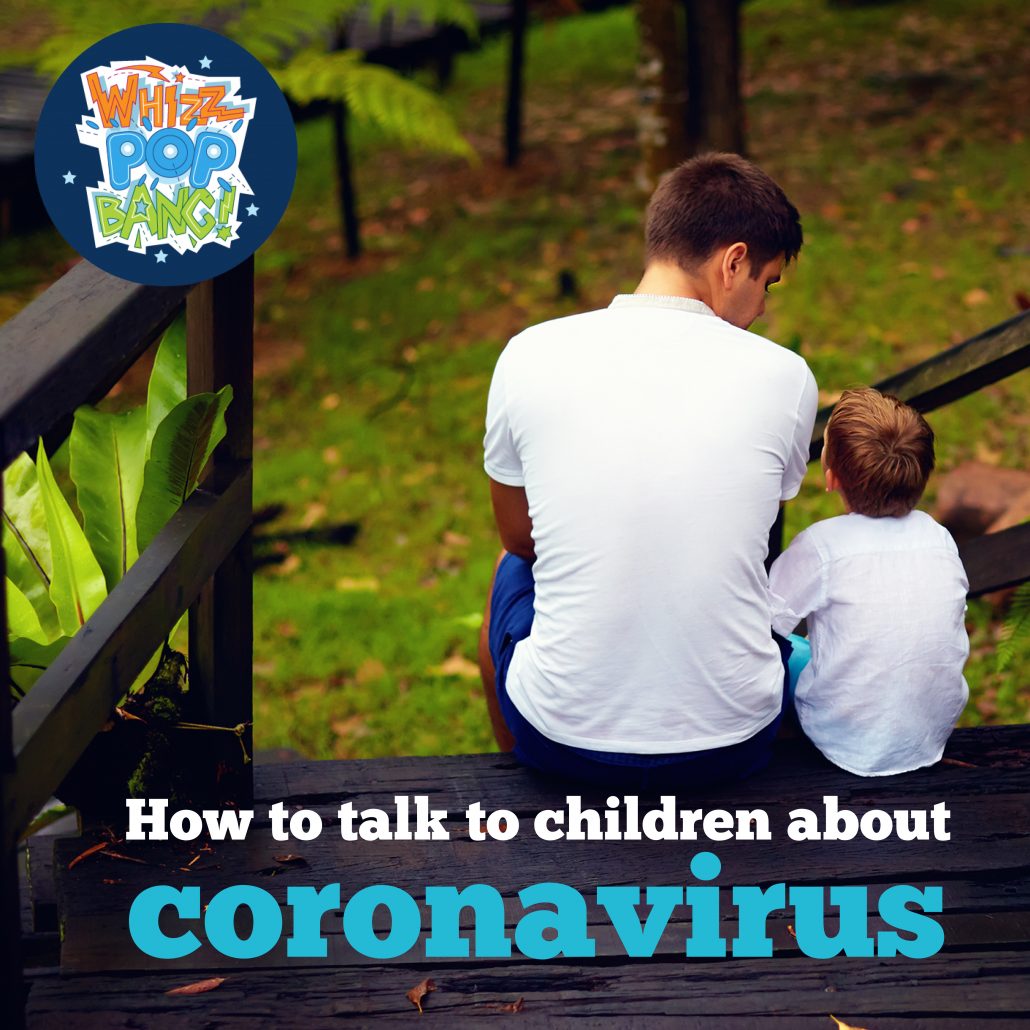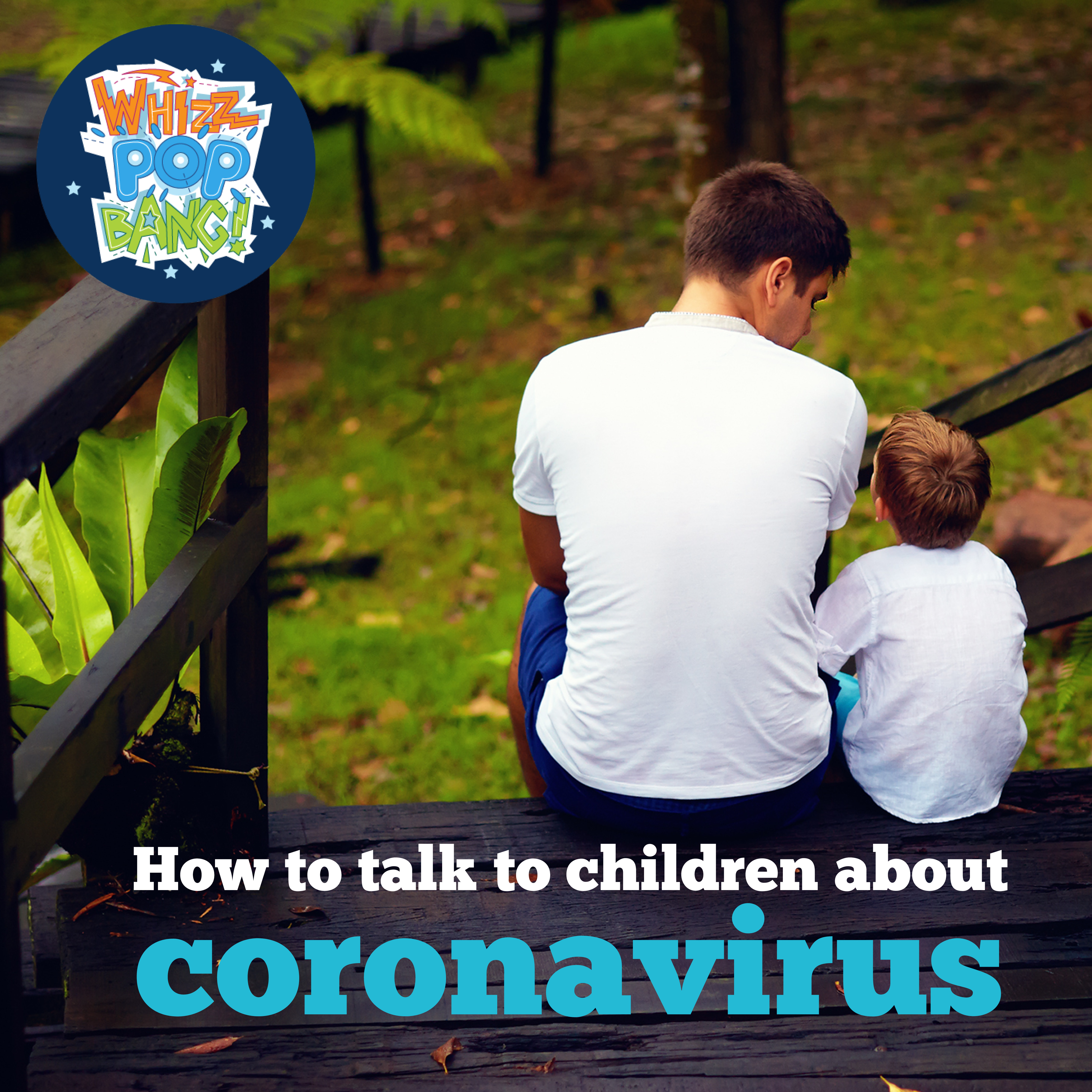Anxiety-busting tips for chatting to children about the virus spreading across the world.

It’s not just dominating the news – talk of the spread of the new coronavirus disease (COVID-19) is also filling the playground. While we know that the number of people affected so far is relatively small, that the death rate is low and that children are less likely to be affected, it’s natural for us all to feel anxious about new and uncertain situations like this one.
While adults stock up on food, wonder about work arrangements and debate changing travel plans, how is this affecting our children’s mental health? Childhood mental health expert Dr Naira Wilson says,

“It’s normal for us all to feel anxious about this sort of event. New risks make our brains feel more concerned as we try and figure them out. If you’re a generally anxious person, and with the pace of our media, it’s easy to get wrapped up in it all.”
Is your child worried about coronavirus? Here are Naira’s top tips for how to handle it:
1. Ask your child how they’re feeling
Don’t wait for your child to approach you, because they might not know how to bring it up. It’s better to have an open conversation.
2. Be honest
As parents, it’s better to say, “We’re all concerned by the news, especially as we don’t know everything yet, but we need to balance our worries with the facts we know.” Try to be matter of fact and show them that you’re not overly anxious, which is the best way to teach your child not to be anxious.
3. Talk calmly about facts
Say something like: “Have you heard about this coronavirus? Here’s what we know…” Make sure you get your facts from a reliable source like Public Health England or watch some of CBBC Newsround’s coronavirus videos together.
4. Move on
Don’t over-talk about coronavirus. When you’ve shared your worries, the facts, and validated how your child feels, help them to gently move back to every day life by doing what you would normally do to have fun as a family. You could distract them by going for a walk in nature (which is such a great healer), or watching a funny film. Say, “Let’s just get on with what we do know!”
5. Look out for signs of anxiety
If you notice your child asking about coronavirus a lot, unusual repetitive behaviour, sleeping less or regressing in other ways, they may be feeling stressed. It’s really important to ask them how they’re feeling about things as soon as you can.
6. Look after yourself
It can be tough looking after the mental health of yourself and that of a child. Sleep is so, so important. Make sure you stay active, plan enjoyable social activities and build in time for rest and relaxation. It’s important to model self-care to your young people.
If you’re feeling very anxious about coronavirus, or are concerned about your child’s mental health, speak to your GP. Click here for the latest advice relating to coronavirus from the UK government. Click here if you think you may have coronavirus symptoms – do not go to your GP, hospital or pharmacy.

Whizz Pop Bang is a top-quality, gender-neutral, advert-free science magazine for families everywhere. Each issue is packed with experiments, activities, amazing facts, puzzles, jokes, riddles and more. Find out more here!
Dr Naira Wilson is a Chartered Clinical Psychologist who specialises in childhood mental health.

